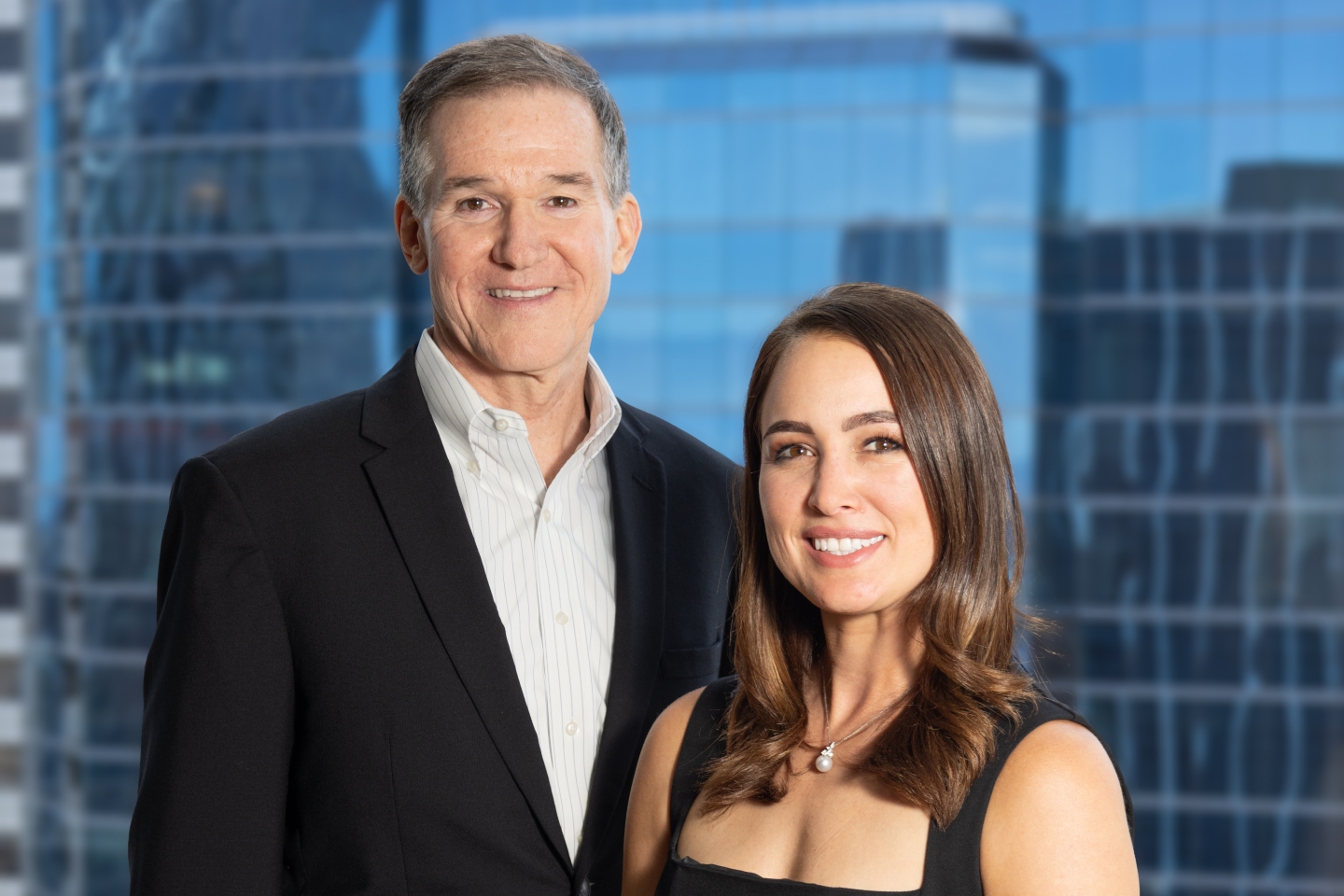zero2hero and Chevron join forces to support young people across the state.


Youth mental health charity zero2hero and energy giant Chevron Australia have teamed up to help improve the wellbeing of more than 38,000 young Western Australians.
Under the new partnership, Chevron will deliver $2.33 million across three years to support the delivery of four state-wide, high-impact programs.
The announcement comes as zero2hero and Chevron near the end of their first three-year tie-up, which supported 30,000 young people through a $1.5 million investment.
zero2hero chief executive Ashlee Harrison said the difference between Chevron’s commitment and that of other supporting partners was the company’s preference to invest in long-term programs, rather than one-off events.
In conversation with Business News, Ms Harrison said this enabled more powerful impact.
“A lot of donors … want big numbers [of young people impacted], whereas Chevron has opted for our four longer-form programs, which means they’re more expensive to run,” she said.
“We could have used their funds to impact more young people, but that would’ve just been more in quantity, not quality.”
One of these programs is Chevron Tough Stuff, an eight-week initiative aimed at building resilience for those aged 10 to 12 years.
“We offer that because the rate of mental ill health is getting younger and younger,” Ms Harrison said.
“We’re also seeing huge impacts in young people not being able to handle life as well as they possibly could; just a real lack of resilience.
“We see that when we [look] into the workforce, we see that with youth suicide rates and youth rates of mental illness, anxiety, self-harm, eating disorders, et cetera.
“We’ve seen this perfect storm of increased rates of mental illness with decreased rates of resilience, and we believe that resilience is one of the key components to raising mentally healthy young people.”
Chevron Tough Stuff educates children about mental health and simultaneously provides physical training to prepare participants for a four-kilometre run.
“[T]he end goal of the program is a run that the school and community get around,” Ms Harrison said.
“It’s teaching resilience in a way where they’re practising it … it’s just a beautiful program.
“One of my favourite stories was a ten-year-old boy who missed out on the run because he had an appointment that day.
“So, on the weekend, he took it upon himself to run four kilometres and his mum followed him in her car to make sure he was safe.
“You just don’t hear young people doing things like that anymore … life has gotten easy for them in so many ways.
“We don’t wait for episodes on TV, we don’t wait for food anymore with Uber Eats; there are so many comforts we have [and] when they get to the workforce they’re just ill-prepared … for the challenge of work and performance reviews and being held to account and having deadlines.
“This program we created in the hope it would increase their ability to handle stress, problems, and give them the autonomy and agency they need to support themselves and do it in a really inspiring way.”
Chevron HumanKIND is a school-based initiative focused on developing participants’ emotional intelligence, which Ms Harrison said was an annual four-session program for high school students based on compassion-focus therapy.
“Research shows if we increase compassion we decrease anxiety and depression,” she said.
“[T]hat focuses on compassion for others and really dives into [clinical psychologist] Paul Gilbert’s compassion-focused therapy, which is the newer program from cognitive behavioural therapy.
“It deals with all the emotional feeling behind our behaviours, really increases young people’s compassion for themselves, and therefore decreases rates of anxiety and depression.”
Chevron’s funding will also support the delivery of zero2hero’s five-day leadership camp, Camp Hero.
“[Each participant does] an accreditation in suicide prevention, and then they go back into their school as a peer support leader with the ability to identify someone at risk of suicide and exactly how to help that person at risk,” Ms Harrison said.
“We know young people reach out to friends first when they’re struggling, and that program was created around empowering those young people with the skills, tools and accreditation they need to know how to help their mate who might be at risk of suicide or who’s dealing with a mental illness.
“Statistically, we’re losing one young person in WA every week to suicide, and nationally one young person every day to suicide.”
Ms Harrison said research found that 80 per cent of teenagers reached out to friends first when facing mental health challenges.
“Unfortunately, most young people just aren’t prepared to deal with those conversations or aren’t even aware that they might be identifying these really concerning warning signs of suicidal thoughts, or even maybe a risk of suicide,” she said.
“That program was created many years ago and it has proved to be a huge success in now having 1,400 young people around WA trained to prevent suicide in their school or community, and now their workplaces, through that peer-to-peer model.”
Chevron managing director Mark Hatfield told Business News the company’s funding enabled up to 40 students to attend the camp for free.
“Together with zero2hero we hope we can continue making a real and lasting impact to the community by sharing positive mental health messages with young people, parents and teachers across WA,” Mr Hatfield said.
“The camps also offer a meaningful way for our employees to give back to the community, with several taking the time to be mentors on camp.
“We’re proud to support our employees to make a difference in this way through paid time off for the duration of the camp, which forms part of our broader volunteering and workforce engagement program.”
The final program to be rolled-out under the partnership is Hero High, which offers standalone mental health presentations providing basic understanding around key topics.
Ms Harrison said the four initiatives supported by Chevron would enable zero2hero to work with young people over a school term or even an entire school year.
“We really build that relationship and can increase the quality of impact rather than just going high quantity,” she said.
“Chevron wanting those programs because they’re greater impact … is quite rare and something we’re not used to from donors.
“We’re really grateful because that’s what will save more lives.”
In 2024, zero2hero worked with more than 51,000 young people across 250 schools in every region of the state.














